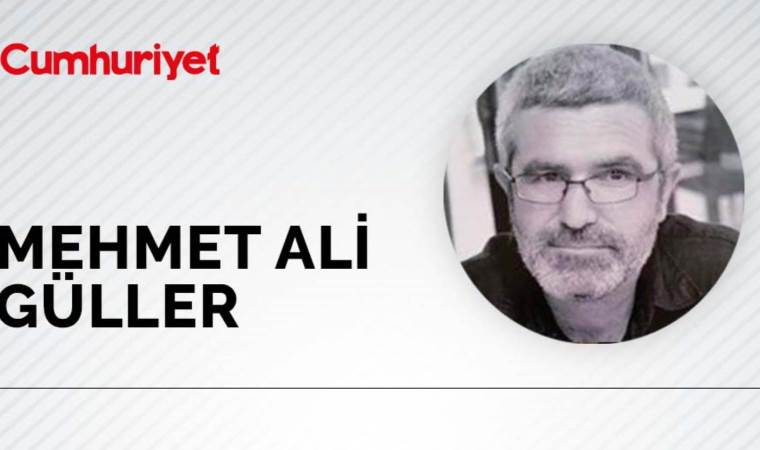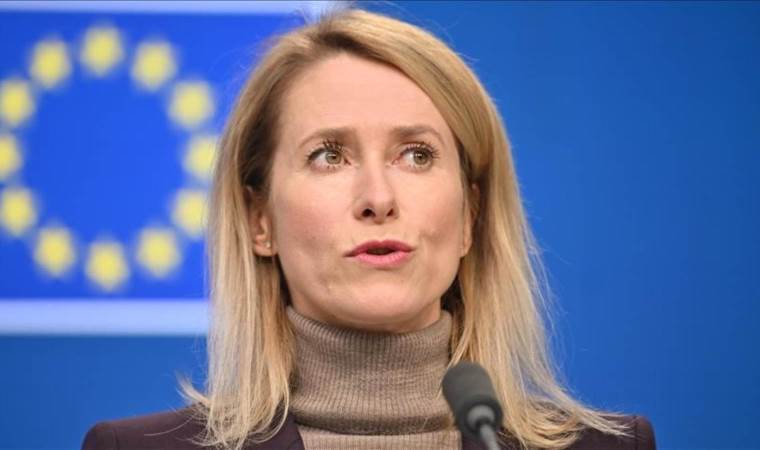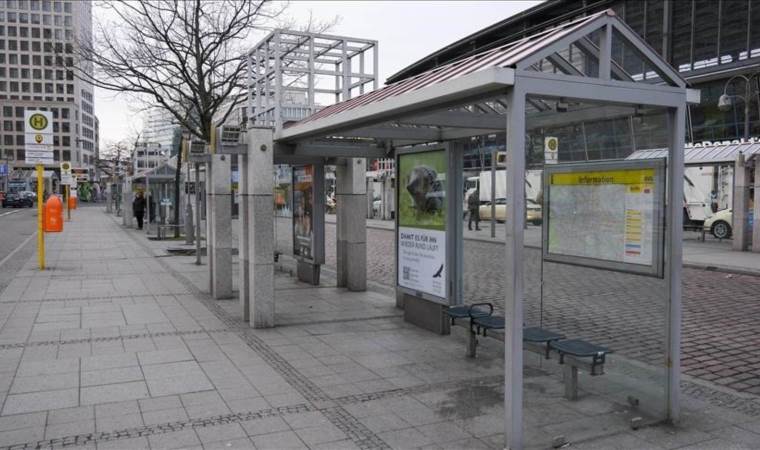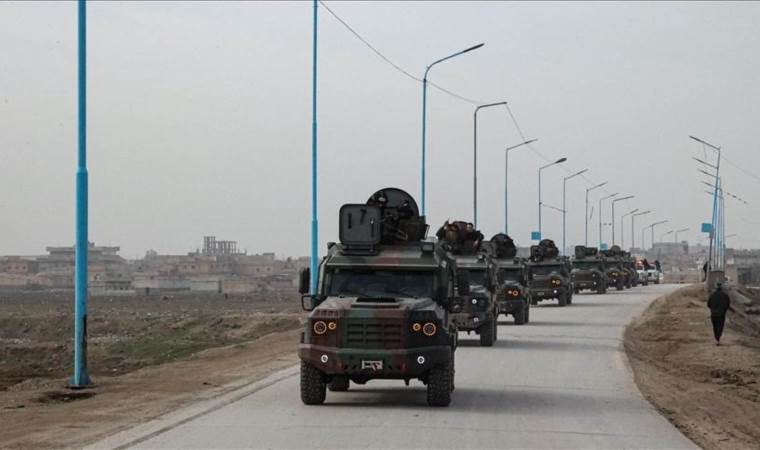Authors Columns of the Day Sport Guest Life All Authors
Finance - Economy
A few days ago, it was announced that our economy grew by 5.9% in the third quarter.
In other words, we became slightly richer.
This statement implies that people can now go to the market and shop with their 5.9% increased income! Indeed, presenting this data suggests we have become wealthier.
Further positive statements were made, suggesting that Turkey's economy is now entering a disinflationary process. In the coming period, they emphasize that consumption expenditures are expected to decrease, reducing inflationary pressure, which is emphasized as beneficial.
Moreover, they advise industrialists, retailers, and all producers to focus on exports rather than domestic consumption due to the expected decrease in the latter.
It seems as though those giving this advice have optimally utilized fiscal and monetary policy tools and adjusted economic balances, now advising households and production players on their actions!
These statements are crafted by those who overlook the failure of their chase for hot money. In this process initiated by the Central Bank and the Ministry of Finance, economists, who often beautify their narrative with classical rhetoric and ornate phrases, seem to neglect the crucial aspects of production, capital accumulation, development, and the creation or transfer of technology.
We're engrossed in discussions about the Central Bank's credibility and communication effectiveness, along with the ministry's purportedly Orthodox policy implementations, articulated in words. Yet, we fail to translate this structure into a functional method and value in the market or the shop.
Have you ever heard discussions about income distribution inequality, the decrease in production and income when consumption is reduced, or the need to resort to hot money again when capital accumulation drops, forcing us to operate the wheels with foreign debt, leading to high inflation rates and stagnation?
You cannot hear them because these topics are neither discussed nor allowed to be discussed.
Should we always talk about money, especially hot money?
In economics, price and wage formation are largely internal. Our purchasing power, product prices, land and real estate rents, and profit levels are determined by dozens of other factors. The biggest component of this cycle is the labor market's supply and demand.
Our decision-makers who talk a lot but say nothing significant overlook this important market. This market involves savings, spending capability, income, technology creation, and human quality. Labor supply and demand, along with productivity, are almost everything in the economy.
Approximately 60-70% of national income is shaped by spending created by this market. Therefore, our ministers, who try to manage the process only with rhetoric, should consider the possibility of getting bogged down in the triangle of consumption, unemployment, and stagnation.
These are not the types of problems visible by just looking at TUIK's (Turkish Statistical Institute) data.
To emphasize the absurdity of "Decrease consumption, focus on exports" without seeing and analyzing the deepening economic destruction of the last seven years is, to put it simply, naive.
And it is not right for the naive to manage the economy.
Yazarın Son Yazıları All Columns
Günün Köşe Yazıları
Most Read News
-
 Who will share the burden of the US?
Who will share the burden of the US?
-
 Israel’s Netanyahu convenes security meeting with top of
Israel’s Netanyahu convenes security meeting with top of
-
 US envoy Witkoff to visit Israel ‘within days’ for talks
US envoy Witkoff to visit Israel ‘within days’ for talks
-
 Germany cracks down on network supplying goods to Russia
Germany cracks down on network supplying goods to Russia
-
 Report identifies federal immigration agents involved in
Report identifies federal immigration agents involved in
-
 Rafah crossing officially reopens
Rafah crossing officially reopens
-
 UN 'definitely is not delivering the way it should,' say
UN 'definitely is not delivering the way it should,' say
-
 German public transport comes to standstill as workers d
German public transport comes to standstill as workers d
-
 Syrian forces await entry to Hasakah under ceasefire agr
Syrian forces await entry to Hasakah under ceasefire agr











